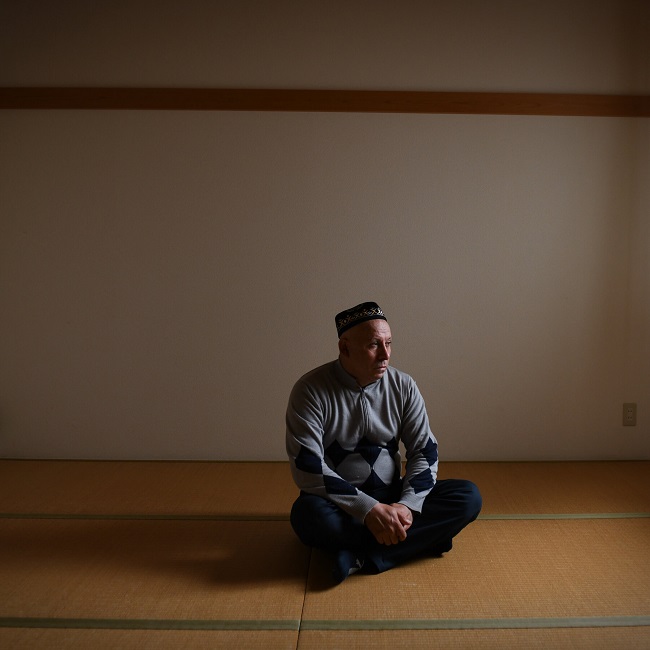There are some differences between the two languages, which can make learning them harder or easier. For example, Japanese is a simpler language, so its pronunciation is more straightforward than Chinese. The difference between the two is in the grammar. A closer language is easier to learn than a faraway one. However, some idioms are more challenging to learn than others. Here are some of the differences between the two.

Firstly, the two languages use different writing systems, requiring different amounts of time to learn. The main difference between Japanese and Chinese is in grammar. Both languages use the same basic principles, but their writing systems are entirely different. Because of this, it’s not surprising that some people find Japanese easier than Chinese. The Chinese writing system is more similar to English, but the tones are more difficult to learn. So, you’ll need to spend a lot of time learning a more complicated system.
The same is valid for learning a foreign language. Although Chinese has fewer characters, Japanese has a very complex grammar. Moreover, learning Keigo (honorific Japanese) requires effort and practice. The Chinese language doesn’t even have an alphabet! And while Japanese has many similarities to English, Chinese is very different. Its pronunciation is difficult, while its grammar is simple. This is why it’s recommended to learn a language in a comfortable way for you.
Ultimately, the difficulty of the languages depends on the writing systems. For example, the Chinese have katakana, whereas the Japanese use kanji (Chinese characters) for their letters. It’s very similar to English, but both have different alphabetic systems. It would help if you were careful when choosing a writing system. When learning a language, remember that it is essential not to rush through your study.
Chinese is easier to learn among the two languages, but Japanese has more complicated characters. In addition, it’s more challenging to master Keigo (honorific) than proper Japanese. Both languages have more characters than English, and the language is much more complex. When comparing the two, the differences between the two languages are only the nuances. Neither language is challenging to learn. It takes a lot of time to master.
When it comes to learning a language, it’s essential to remember that the alphabets are not equal. Each language has its alphabet, and it is often challenging to discover a Japanese word. Its grammar is similar to English, but it has more characters. Despite this, both languages are not easy to learn. You’ll need to dedicate some time and effort to studying each one. If you’re going to visit a Japanese country, you can also practice Keigo.
When it comes to grammar, the differences between Chinese and Japanese aren’t as straightforward as they may appear. Both have similar grammatical rules, but the characters are much more complex. Besides that, Chinese has a more straightforward grammar system and more complex tones, while Japanese has a more complex system. Getting the hang of both languages isn’t easy, but it’s worth it. There are also differences in how much a language is easier to read.
When it comes to learning a new language, the two languages are very different. Both are challenging for English speakers, but Japanese is easier. While Chinese tones are similar to English, Chinese techniques can be pretty tricky. For example, the styles of Japanese words are different. If you don’t understand the tones, you can’t understand the terms. Whether it’s harder to learn Japanese depends on the purpose you have.
Chinese is the more accessible language for English speakers, but Japanese is more difficult for English speakers. The difference is in the tones. For example, Chinese techniques are much more challenging to learn than those in the US, and if you’re going to use the language to study abroad, you’ll want to know the tones in Japanese before you do. The techniques are essential when you’re trying to communicate with other countries.



